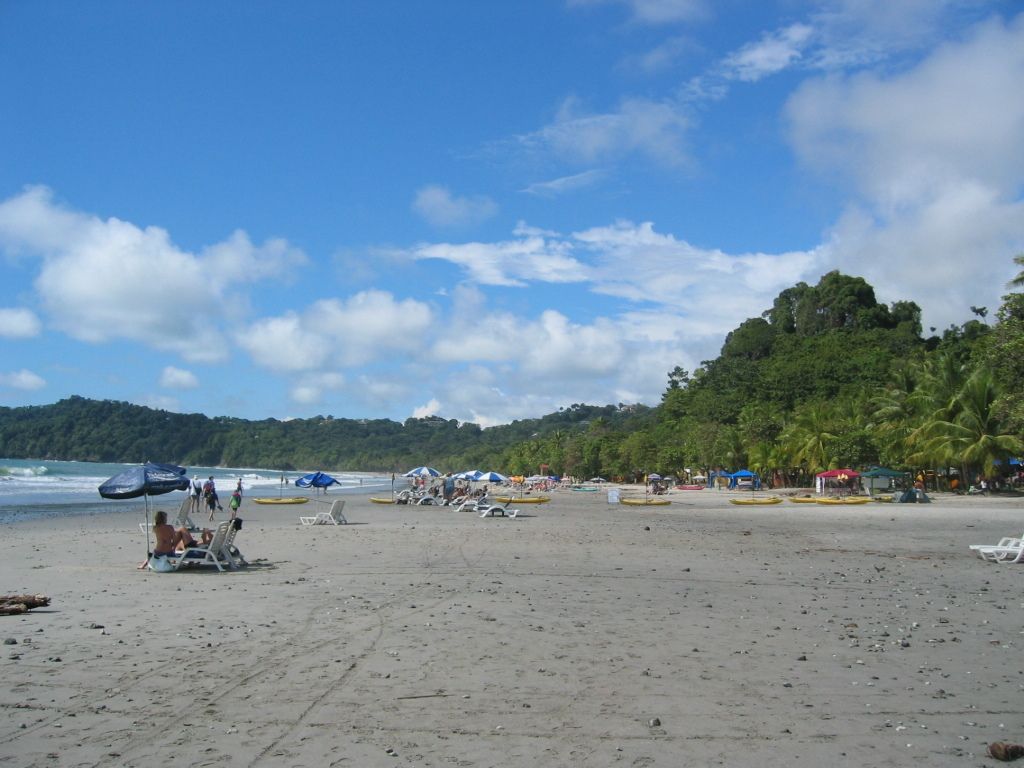Russia and Ukraine effectuate initial prisoner swap in extensive exchange
In the latest development, Russian and Ukrainian forces have swapped the first batch of troops, marking the beginning of a series of exchanges over the following days. This agreement, reached during talks in Istanbul, is the sole concrete outcome of the negotiations – which have thus far failed to bring about any significant progress towards ending the protracted three-year conflict.
The exchange involves wounded soldiers, those severely injured, and individuals under the age of 25. Ukrainian President Volodymyr Zelensky took to social media to post images of soldiers proudly hoisting Ukrainian flags, embracing, and cheering in celebration.
The Russian Defense Ministry also confirmed the prisoner exchange is part of the agreements reached on June 2 in Istanbul. Unfortunately, neither party disclosed the exact number of troops being released in this first phase. Initial reports suggested the exchange would involve over 1,000 soldiers, making it the largest exchange to date during the three-year war.
The exchange had initially seemed uncertain over the weekend, with both sides trading accusations of delaying and obstructing the planned exchange. Zelensky accused Russia of engaging in "dirty, political games" and failing to adhere to the agreed-upon conditions – namely, freeing all sick, wounded, and underage soldiers held captive. Russia, on the other hand, alleged that Ukraine was refusing to take back the bodies of deceased soldiers, with over 1,200 bodies stored in refrigerated trucks near the border.
Russia's invasion of Ukraine in 2022 triggered the most extensive European conflict since World War II, forced millions to flee their homes, and devastated much of eastern and southern Ukraine. The two adversaries have held direct negotiations for the first time in over three years, with the ultimate aim of reaching a settlement. However, it seems they are as far apart as ever from reaching an accord.
At the June 2 talks in Istanbul, Russia demanded that Ukraine withdraw its forces from territories under its control, recognize Moscow's annexation of five Ukrainian regions, and renounce all Western military aid. In response, Ukraine is calling for a full ceasefire and a summit between Zelensky, Vladimir Putin, and Donald Trump to try and break the impasse.
Although welcoming the POW exchange, Zelensky stated last week that it would be pointless to hold further discussions with the current Russian delegation, as they cannot agree on a ceasefire. Meanwhile, combat activity on the front lines and in the skies has intensified. Russia claimed its troops had crossed into the industrial Dnipropetrovsk region for the first time in their campaign, a potentially critical advance, as Moscow has not made territorial claims to that region. Russia also launched a record 479 drones at Ukraine overnight, with the Ukrainian air force reporting the western city of Rivne as experiencing "the largest attack" since the beginning of the war.
- The prisoner exchange, which includes soldiers wounded in war-and-conflicts, is a political development amidst the ongoing general news of the conflict between Russia and Ukraine, yet it falls short of bringing about a significant resolution.
- The exchange, although marking a rare gesture of kindness amidst the war, is overshadowed by ongoing disagreements and accusations of obstruction, raising concerns about the future of negotiations and peace in the region.
- As the arts community around the world expresses solidarity with both nations, the criminal justice system is put to the test, with allegations of deceased soldiers' bodies being stored near the border, adding another layer of conflict to an already complicated situation.








